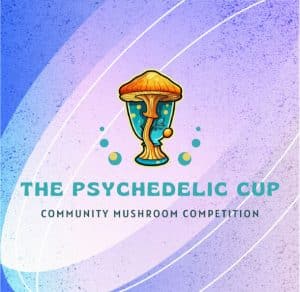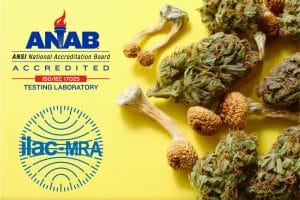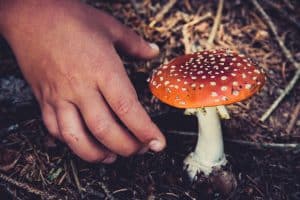Key Takeaways
- Unlock the Secrets of Reishi: Discover why rigorous testing is the golden key to unlocking their full health potential.
- Transparency is Key: Uncover how clear labeling of Reishi products empowers you to make informed health decisions with confidence.
- The Future of Fungi: Get a glimpse into the technology that promises to elevate the safety and efficacy of Reishi mushrooms, ensuring they’re as beneficial as they claim to be.
Reishi mushroom, also known as Ganoderma lucidum, is a superstar in the world of health and wellness. Thus, people use reishi mushrooms for their possible health benefits. But with so many different reishi products available, how can we tell which ones are both good and safe? Let’s dive into why testing these mushroom goodies is key for peace of mind and what makes a quality reishi product.
Why Testing Reishi Mushroom Products Matters
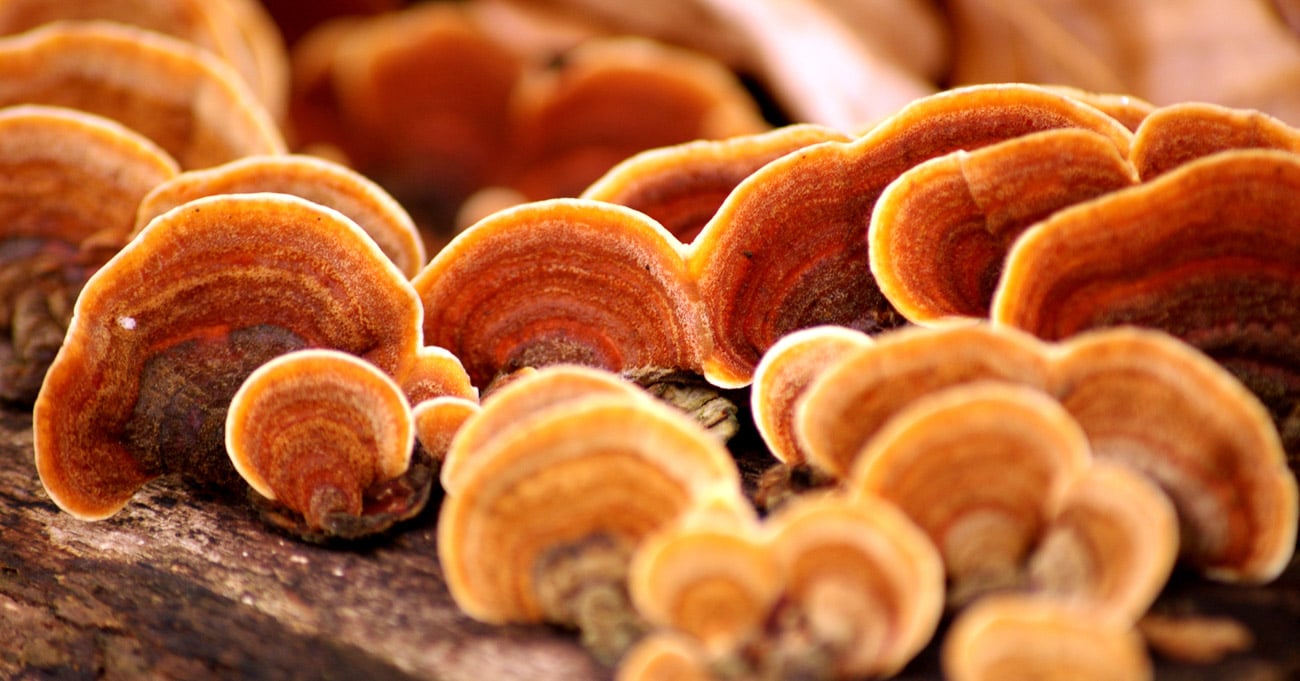
Reishi Compounds: Healthy or Deadly?
In the quest to ensure health products like reishi supplements are free from contaminants, partnering with third-party laboratories such as Altitude Consulting becomes invaluable. Altitude Consulting specializes in rigorous testing protocols designed to identify a wide range of potential contaminants that could compromise the quality and safety of health supplements.
For mushroom product consumers and producers alike, it is important to know that mushrooms act like sponges when they are growing. They soak up everything their environment has to offer. The good, the bad, and the ugly.
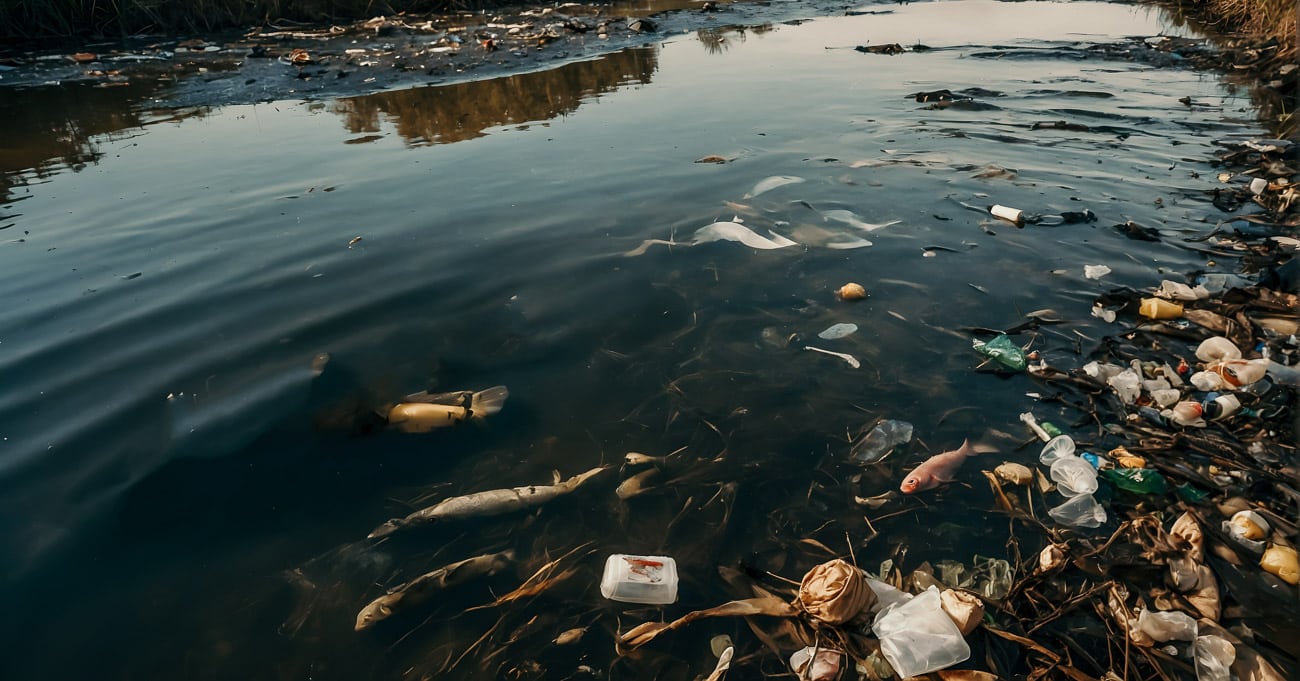
Some examples include heavy metals—such as lead, arsenic, cadmium, and mercury—which are particularly concerning due to their potential to cause serious health issues.
A 2010 study conducted by the US Government Accountability Office randomly tested supplements found on grocery store shelves for heavy metals.
The results?
They found heavy metals in over 93% of the supplements they tested.
By employing advanced analytical techniques, Altitude Consulting can accurately assess the purity of a product, ensuring that what’s stated on the label accurately reflects the product’s true composition. This level of scrutiny not only upholds the integrity of health products but also fortifies consumer trust by guaranteeing that the supplements they consume are safe, pure, and effective.
How Do They Test Reishi Products?
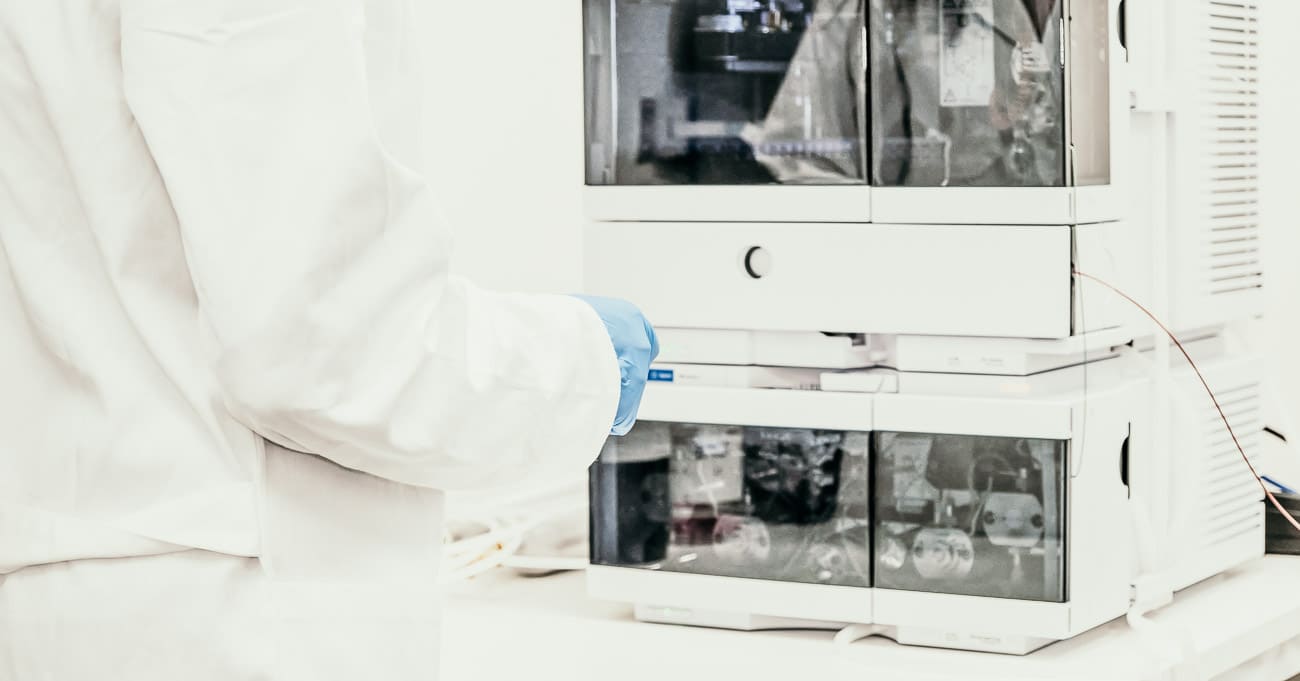
Why Labels Are Super Important
Labels are like a product’s ID card—they tell you what’s inside. Unfortunately for consumers, the supplement industry goes largely unregulated by the FDA, so providing accurate labels and information is up to the companies. There’s just too many companies producing these products to police upfront, so the FDA tends to rely on consumer complaints.
A clear and honest label helps you know exactly what you’re getting and shows that a company stands behind its reishi product. This includes sharing how much ganoderic acid A is in there, what kind of mushroom extract it uses, and any testing they did to ensure it’s safe and effective.

Good labeling is a big step towards building trust, but it must be honest and backed by real data. It lets shoppers make smart choices about what they’re buying and putting into their bodies.
What’s Next for Reishi Testing?
As more people get into reishi and other medicinal mushrooms, expect even better ways to test and make sure they’re safe. Technology will get sharper at spotting the good stuff in mushrooms and making sure there’s nothing bad mixed in. Also, we might see clearer rules on how these products should be labeled, giving customers better info on quality and safety.
For now, the best move is to pick reishi products from companies that are open about how they test and make their goods. Look for seals or approvals from well-known groups that check on supplement quality and for certificates of analysis—that’s a good sign you’re getting a solid product.
Wrapping It Up
From picking the right mushrooms to making sure they’re safe and packed with benefits, there’s a lot that goes into a trustworthy reishi product. But with the right testing and attention to detail, companies can offer something that’s not only good for you but also something you can feel confident about using. As buyers, asking questions and choosing wisely helps everyone aim for a healthier, more informed market.
So, let’s keep learning and asking for the best in our reishi products, making sure they’re as awesome as they promise to be. Here’s to finding the perfect mushroom match for our health and happiness!
- Wang, X., Sun, D., Tai, J., & Wang, L. (2017). Ganoderic acid A inhibits proliferation and invasion, and promotes apoptosis in human hepatocellular carcinoma cells. Molecular medicine reports, 16(4), 3894–3900. https://doi.org/10.3892/mmr.2017.7048
- Kutz, G. D. (2010). Herbal Dietary Supplements: Examples of Deceptive Or Questionable Marketing Practices and Potentially Dangerous Advice: Congressional Testimony. DIANE Publishing.
- Starr R. R. (2015). Too little, too late: ineffective regulation of dietary supplements in the United States. American journal of public health, 105(3), 478–485. https://doi.org/10.2105/AJPH.2014.302348

